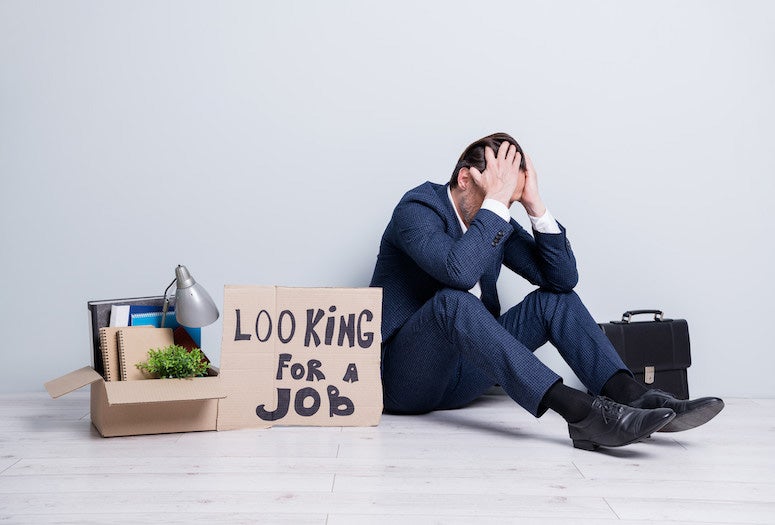As many as 12% of Houstonians could lose their jobs by 2027 due to artificial intelligence (AI), according to a report from the Chamber of Commerce, a business research company.
Based on data from the World Economic Forum and the U.S. Bureau of Labor Statistics, the report evaluated 50 of the largest U.S. metropolitan areas, ranking Houston as 31 st in terms of job loss impact due to automation.
Rice University AI experts Fred Oswald and Moshe Vardi are available to comment on the report’s findings.
Oswald, the Herbert S. Autrey Chair in Social Sciences and a professor of psychological sciences, studies AI and machine learning in the context of organizational and workforce research.
"AI and technology in general may be taking certain jobs away, and yet we also see how it is changing the nature of jobs and even organizations and professions,” Oswald said. “In the ever-changing arena of AI, employees, job-seekers and students will continue to adapt and learn new job skills that align with and anticipate workforce needs."
Vardi, the Karen Ostrum George Distinguished Service Professor in Computational Engineering, researches automated reasoning, databases, computational complexity theory, design specification and verification.
“During the late 2010s, AI and jobs were the topics I was most often asked to talk about,” Vardi said. “The pandemic disrupted that, but now this topic is coming back. In fact, I will give a talk on AI and jobs at the Houston Museum of Natural Sciences on Sept. 13.”
To schedule an interview with one of these experts, contact Amy McCaig, senior media relations specialist, at 713-348-6777 or Silvia Cernea Clark, media relations specialist, at 713-348-6728.
- About Rice:
-
Located on a 300-acre forested campus in Houston, Rice University is consistently ranked among the nation’s top 20 universities by U.S. News & World Report. Rice has highly respected schools of Architecture, Business, Continuing Studies, Engineering, Humanities, Music, Natural Sciences and Social Sciences and is home to the Baker Institute for Public Policy. With 4,552 undergraduates and 3,998 graduate students, Rice’s undergraduate student-to-faculty ratio is just under 6-to-1. Its residential college system builds close-knit communities and lifelong friendships, just one reason why Rice is ranked No. 1 for lots of race/class interaction and No. 4 for quality of life by the Princeton Review. Rice is also rated as a best value among private universities by Kiplinger’s Personal Finance.

